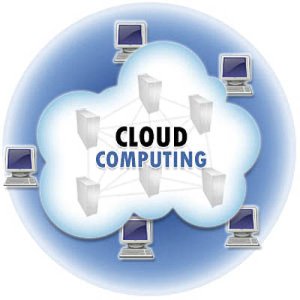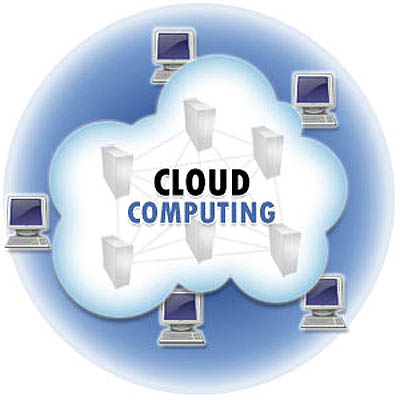 Cloud computing, right from small-scale businesses to multinationals, is changing the way IT services are delivered to the internal or external patrons. According to Gartner, almost 20% of the firms have already started to use cloud computing for a majority of production applications. Some more reports have revealed that Infrastructure as a Service (IaaS) is growing by almost 50% each year. This indicates that more services and applications are getting rendered through the cloud by an increasing number of business units. These customers of cloud computing are now looking forward to advanced management means such as cloud automation platform for more flexible management of their growing collection of cloud apps. A management platform for cloud allows deploying and controlling apps across public and private clouds for saving time and cost in management. So, while looking for a cloud management platform, you need to ensure the following features in it for reaping the maximum benefits.
Cloud computing, right from small-scale businesses to multinationals, is changing the way IT services are delivered to the internal or external patrons. According to Gartner, almost 20% of the firms have already started to use cloud computing for a majority of production applications. Some more reports have revealed that Infrastructure as a Service (IaaS) is growing by almost 50% each year. This indicates that more services and applications are getting rendered through the cloud by an increasing number of business units. These customers of cloud computing are now looking forward to advanced management means such as cloud automation platform for more flexible management of their growing collection of cloud apps. A management platform for cloud allows deploying and controlling apps across public and private clouds for saving time and cost in management. So, while looking for a cloud management platform, you need to ensure the following features in it for reaping the maximum benefits.
Multiple Cloud Support
The end users of a cloud-based system for rendering services demand interoperability. This means that the applications that are developed for one environment can execute on another without modifying the underlying programming or settings. Interoperability, in its true sense, reaches far beyond cloud API compatibility for dealing with a variety of behaviors across several providers. As a fact, elements such as storage volumes and virtual networks never show the same behavior across clouds. However, an ideal cloud management platform must enable this interoperability across several IaaS providers.
Automation
There are times when managing applications tend to entail several recurring tasks, particularly in case of big environments. Developers know how tedious it can be to operate these tasks manually again and again. Therefore, instead of having manual processes to trigger the code, the cloud management platform should automatically handle this responsibility. Nevertheless, the code via APIs finally manages the infrastructure. When a cloud platform offers capacity management, integration support, and optimum resource utilization, it is considered to deliver the highest operational value that minimizes operational burdens.
Application Lifecycle Support
Just deploying an application in the cloud does not put an end to the overall software management responsibility. A normal application tends to pass through several life events such as backups, updates, security vulnerabilities, failover, performance optimization, and capacity management. Therefore, a cloud management platform must offer several tools to perform these tasks. A comprehensive platform should offer tools for monitoring, notifications, disaster recovery, and configuration management.
Future Support
An ideal cloud management platform should facilitate a business to harness the diverse innovations introduced by the various IaaS cloud vendors, whether the environment is a public, private, or hybrid. Advances in the IaaS domain are occurring quite swiftly, which is evident in the form of several updates from vendors such as Amazon and Rackspace along with the new entrants such as Google and Windows Azure. This indicates that the services and other offerings are going to be more comprehensive but diverse in near future. Therefore, it is completely just to expect support for future innovations, irrespective of the vendors who introduce them.
Bio: Lance Taylor is a product manager in one of the leading companies in San Francisco, which is famous for offering cloud-based programs. By now, he has gained an experience of two years in this domain prior to which he has spent four years in enterprise software management. Lance has been currently assigned a task of creating a unique cloud automation platform for a hybrid environment. He is very excited about this project and has already to work on it. He has gone through some expert articles on hybrid cloud automation, tools, architecture, and challenges. Lance always loves taking up IT challenges.


























Leave a Reply